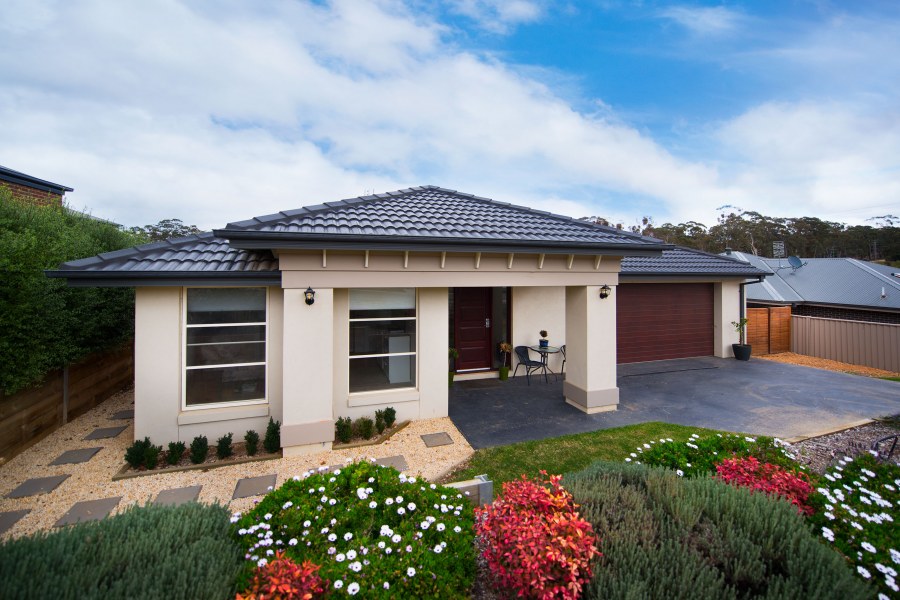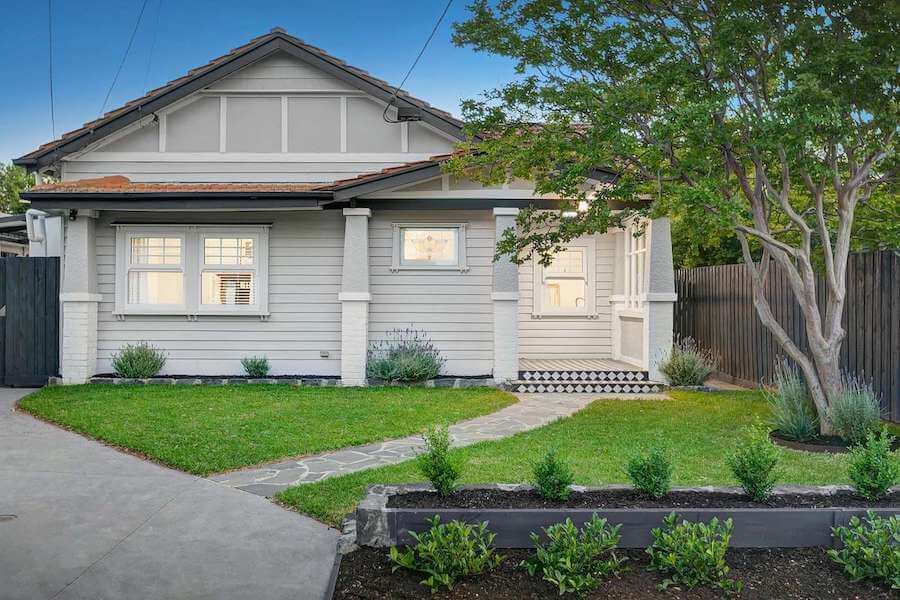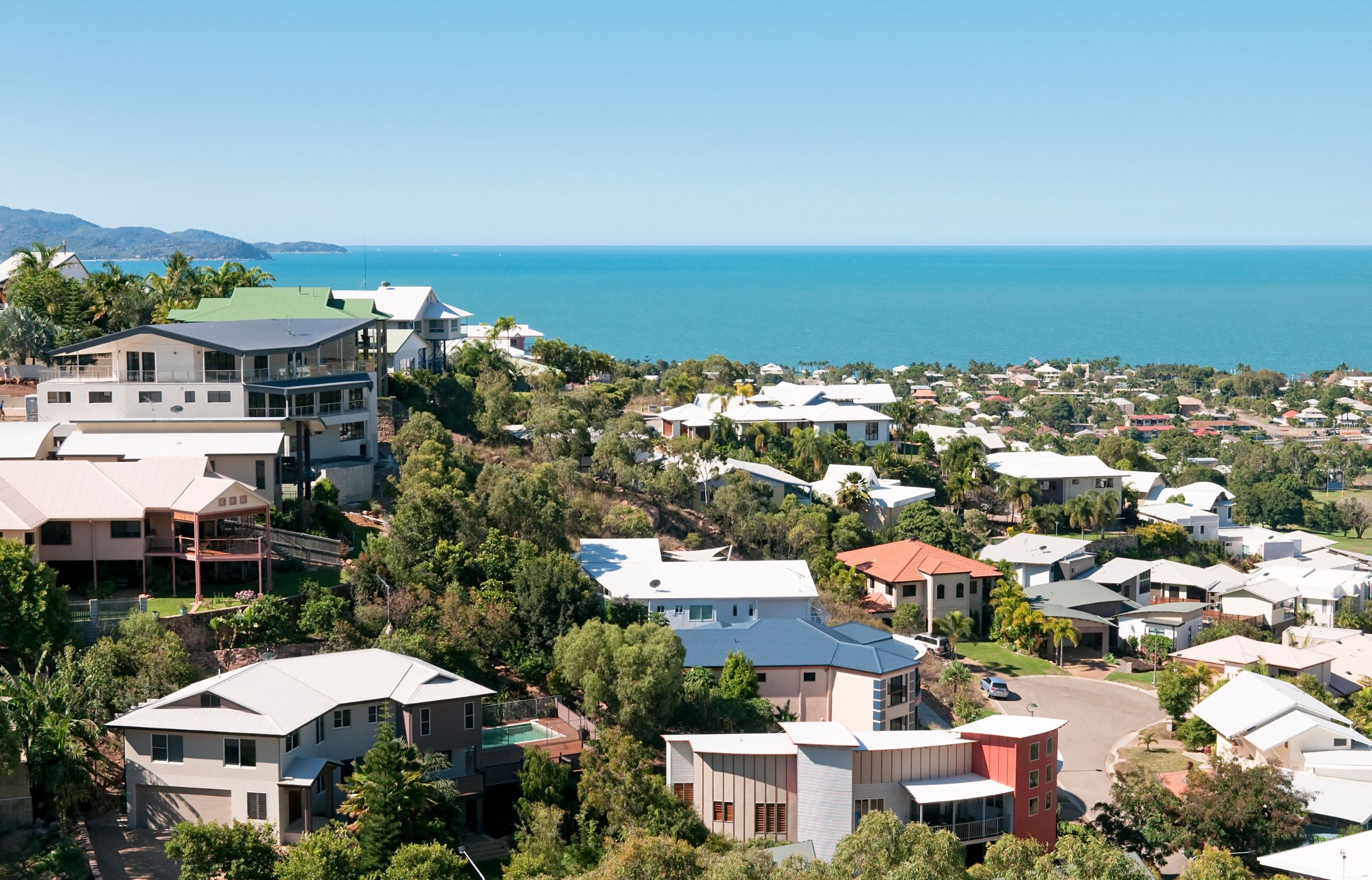In a good market, buying a house as an investment to hold on to and potentially rent out can sound easy on top of being a good idea. While making a good deal isn’t as simple in a softer or more complicated market, real estate investment is still a good idea for many people, and as long as you’re careful, you can still come out ahead, especially long-term.
Plan ahead: Before you even start looking for a property, you’ll need to be clear on what kind of investment you’re looking for, and what your long-term plans are. Think about what kind of time and energy you want to spend on the project—are you looking for a fixer-upper, or something that will maintain itself? You’ll also need to think carefully about what kind of money you’re willing and able to spend, both initially and on an ongoing basis (especially if you are taking on a fixer-upper). For rental properties, keep in mind the amount that you’re looking to get in rent each month.
Do Research on Opportunities: When you’re offered a property to invest in, or when you find something promising, you’ll want to look at how it compares to the market in general. First, of course, you’ll want to make sure it doesn’t need more repairs than you’re willing to do. Compare the property to others in the area, not just to see whether you’re getting a good deal now, but also to see how it will compare to other properties when you want to sell it in the future. See what you can find out about the price trends and patterns in the area. If prices are going up, that’s generally a good sign, although it’s not a guarantee that they’ll continue. A better indication comes from the development planned in the area in the immediate future—transportation, schools, shopping—to see if it will be a place people want to live. More up-and-coming areas may have good deals now that are likely to be worth more soon.

Be Financially Prepared: You’ll want to have your financing in place as soon as possible at the beginning, and have enough cash available for a good down payment. You may be required to pay as much a quarter of the total. On an ongoing basis, you’ll want to have a good idea of all the expenses, including property taxes and utilities, and how much rent you’ll be able to charge. Keep in mind also that you can’t count on a huge resale value making up for large expenses.
Have Realistic Expectations: This is important financially, but also in terms of time. Not a lot of markets will still support quick flips, so be prepared to hold on to the property for a while, if only to ride out weaker times in the market. The longer you keep it, the more likely the value is to go up over the course of that time.
This is also true of renovations. Even if you’re excited to dig into a major project, think about how much you can really take on. You might also want to be more modest with the renovations you decide to do. Quality is more important than style, so don’t worry about having to put in the latest countertops.
As long as you don’t get yourself in over your head financially at the beginning and you find a good property in a promising neighbourhood, real estate can be a great long-term investment.





